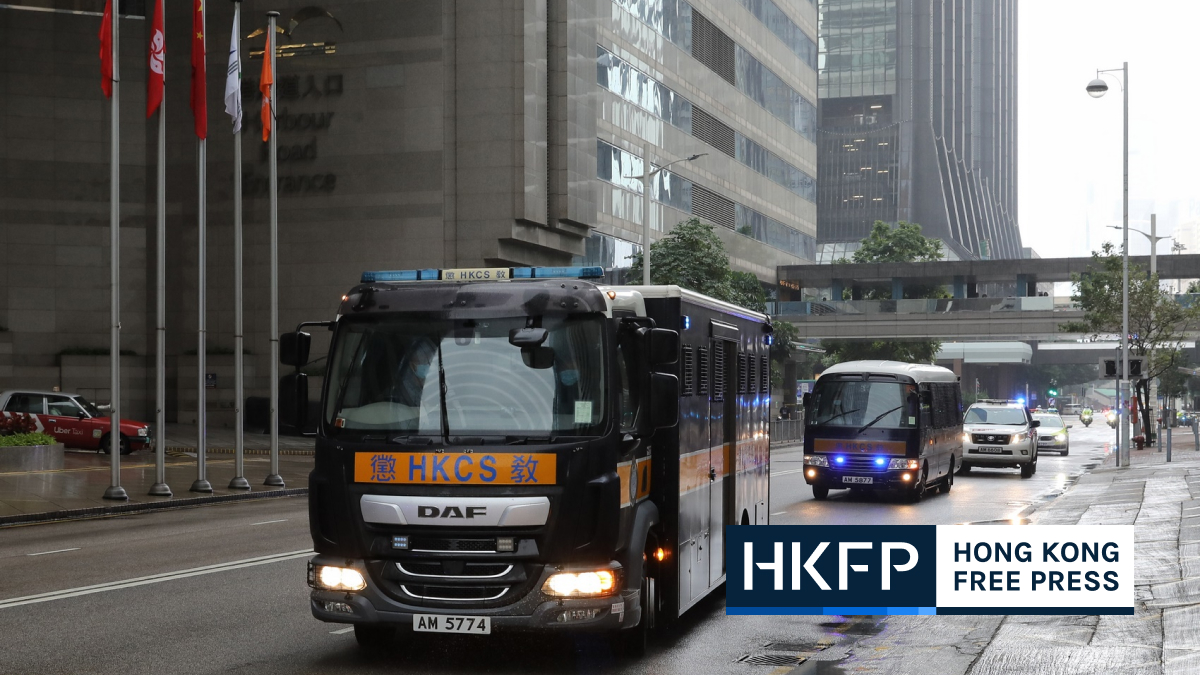Beijing has condemned an editorial by US newspaper The Washington Post on Hong Kong’s “painful descent into authoritarian repression” with the legislation of a new security law, accusing the outlet of “ignorance and double-standards” on Hong Kong affairs.
In an editorial published on Monday, The Washington Post mentioned the landmark national security trial involving 47 high-profile Hong Kong democrats.
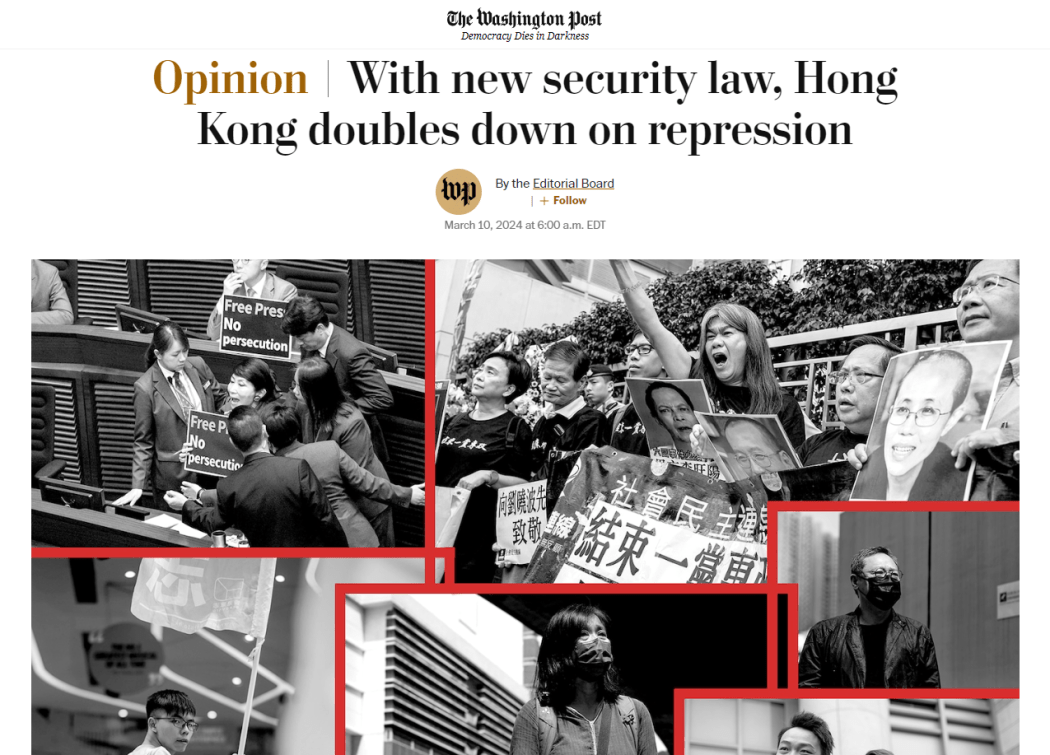
The 47 were charged under a Beijing-imposed security law on February 28, 2021, over their roles in an opposition primary in July 2020 to select candidates who would help the pro-democracy camp win a controlling majority in an election expected later that year.
Calling the primary “a normal exercise,” the newspaper said: “[t]he only plausible, credible verdict is ‘innocent,’ letting all 47 go free — even though 31 have already pleaded guilty in hopes of ending their long torment and perhaps getting a more lenient sentence.”
On Tuesday, the Commissioner’s Office of China’s Foreign Ministry in Hong Kong responded to The Washington Post in a statement, saying, “those charged are not as ‘innocent’ as you thought. ”
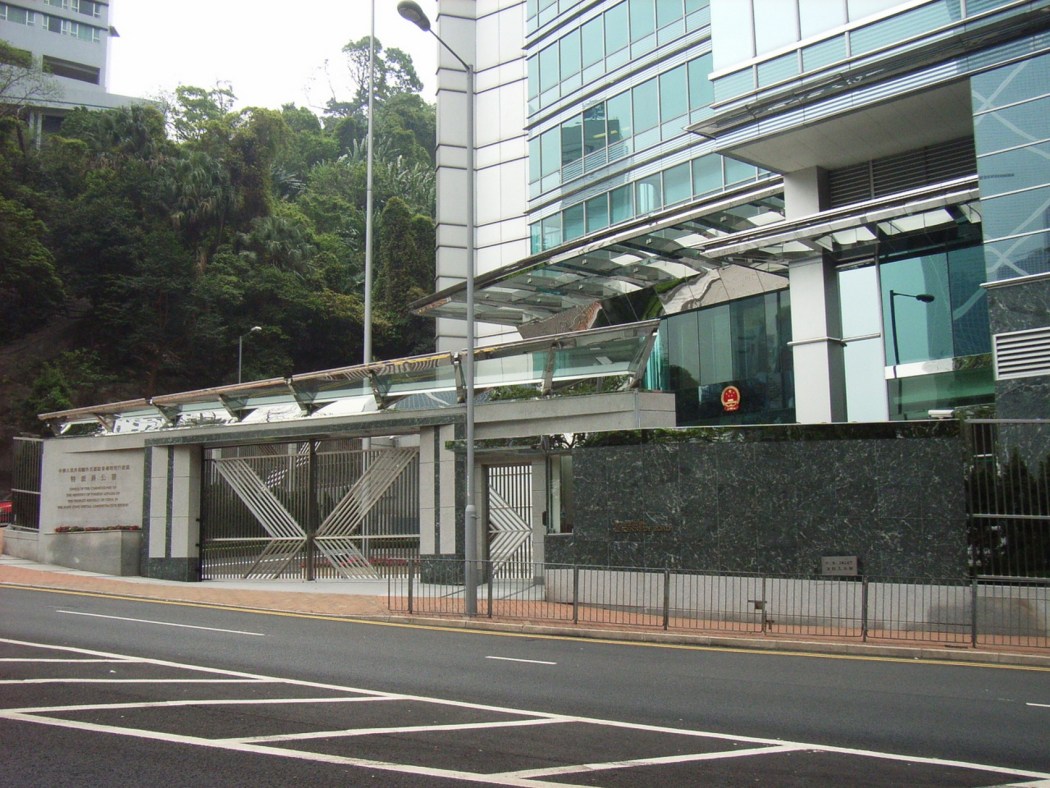
“When I read the part about the Jimmy Lai case, I just can’t help laughing,” the statement continued, refuting the US outlet’s claim that Lai, founder and owner of Hong Kong newspaper Apple Daily, was “exercising his right” to push a pro-democracy agenda and urge the US to place sanctions on Hong Kong officials “involved in rolling back freedoms.”
In response, the commissioner’s office statement read: “What about this: the owner of the Washington Post exercises his prerogatives of ordering you to editorialize in favor of foreign sanctions against U.S. officials?”

While the 47 democrats – most of whom have been detained for more than three years – are still awaiting a verdict following the trial of the 16 among them who pleaded not guilty, the trial of Jimmy Lai is ongoing.
The Washington Post editorial also said that while the Beijing-imposed national security law was “draconian enough”, Hong Kong’s local officials “feel the need to double down with a local version that will expand the repression further.”
The op-ed concludes: “Hong Kong had been something special, an outpost of freedom on Chinese soil that could mediate between Beijing and the free world. China has crushed what had been one of its greatest assets.”
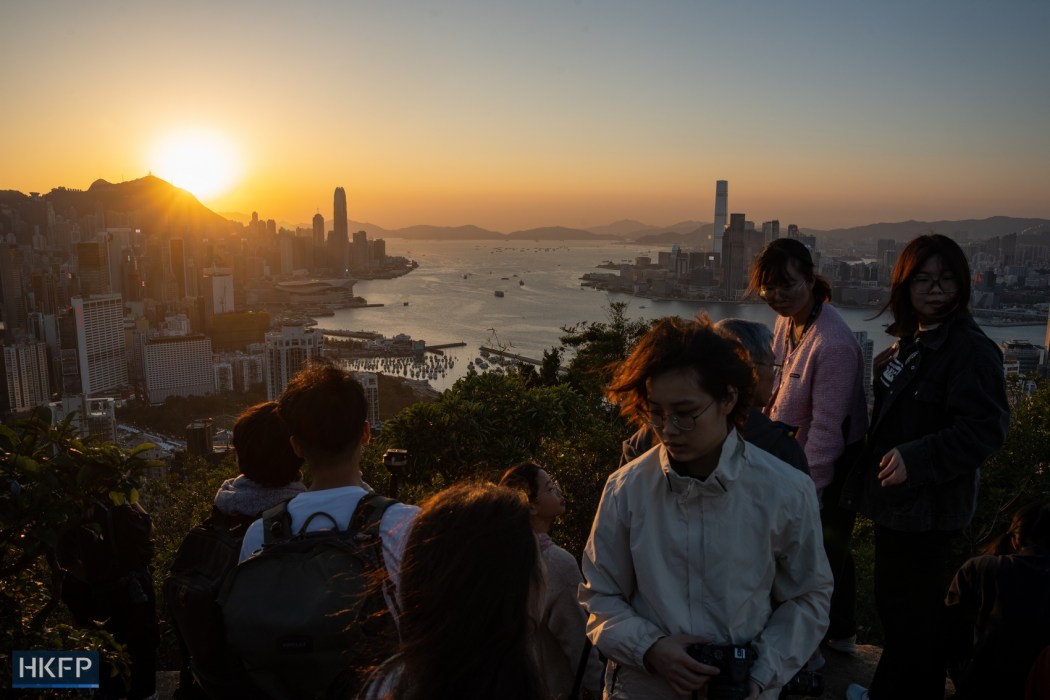
Beijing slammed this conclusion, telling the US outlet to “relax.”
“Regarding your alarmist assertion that ‘China has crushed what had been one of its greatest assets’, well, just relax and take a deep breath. With the firm support of the Chinese government and the Chinese people, the Pearl of the Orient will only shine even brighter,” the Commissioner Office of China’s Foreign Ministry in Hong Kong said.
Rebutting foreign outlet
On Tuesday alone, Beijing and Hong Kong authorities have hit back at three foreign media outlets regarding their coverage of Hong Kong’s proposed security law, including Bloomberg, the Guardian and the Washington Post.
Hong Kong’s security chief Chris Tang slammed a Bloomberg opinion piece that called the draft security legislation “worryingly vague,” and called The Washington Post editorial for its “misleading and inappropriate” editorial.
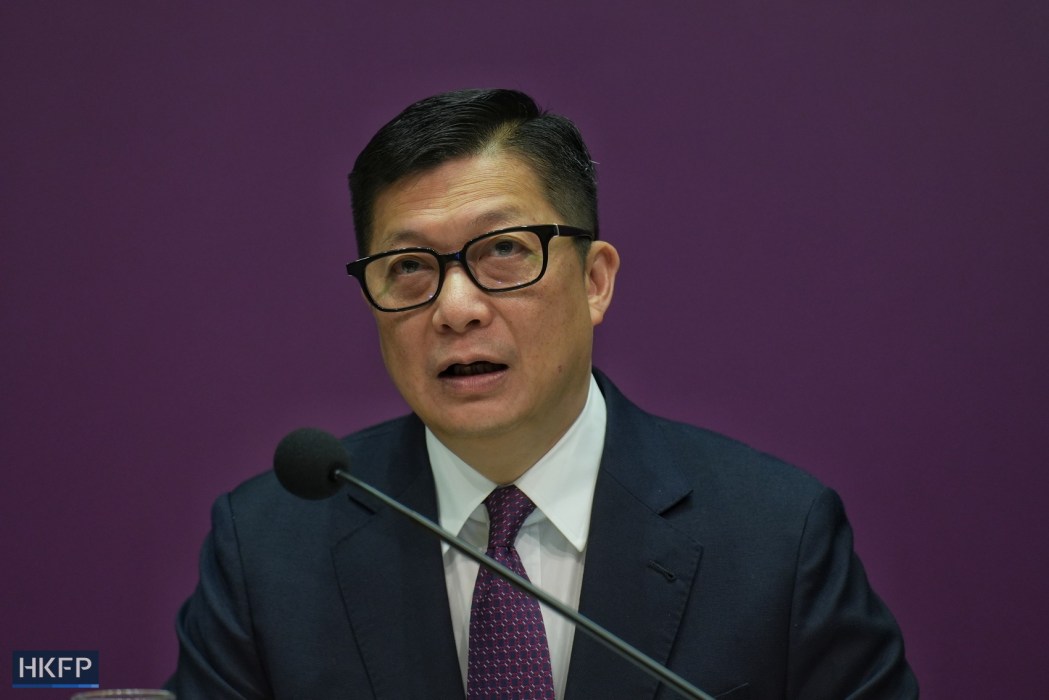
The government also issued a statement condemning UK newspaper The Times after it published a “misleading” report suggesting that Hongkongers who had old newspapers could violate the proposed homegrown national security law.
Last Tuesday, the government said it “strongly disapproves of and condemns false reports” by Bloomberg, which suggested that that Hong Kong planned to ban some social media under its new security law. Authorities clarified that they had “absolutely no intention” of blocking social media, and Bloomberg later admitted an error.
Support HKFP | Policies & Ethics | Error/typo? | Contact Us | Newsletter | Transparency & Annual Report | Apps
Help safeguard press freedom & keep HKFP free for all readers by supporting our team























